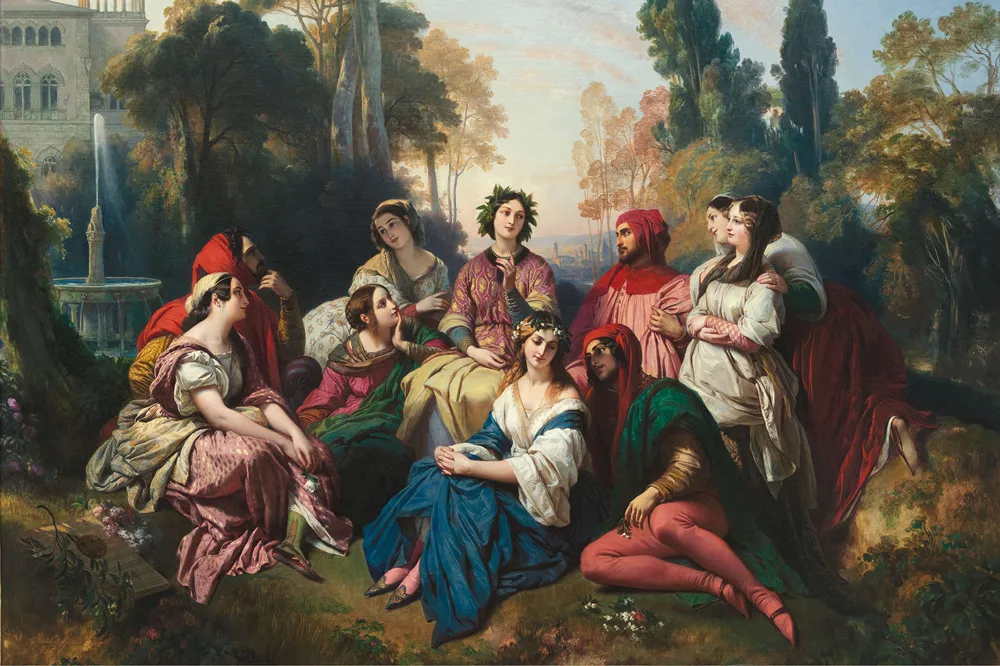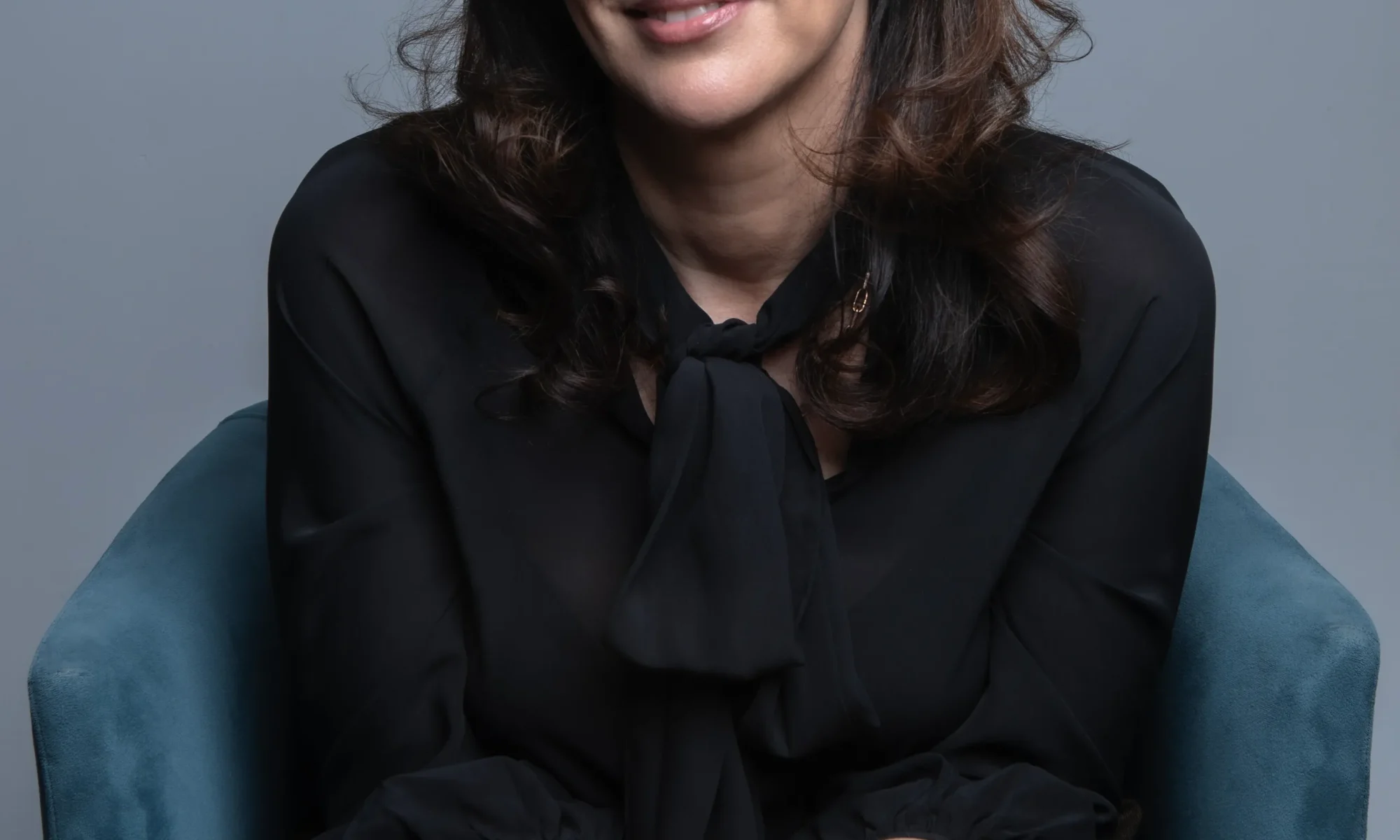Governor Tim Walz, known for his down-to-earth demeanor and passion for reading, has taken a step towards promoting literacy in the heart of Minnesota’s political scene. He recently installed a Little Free Library in the state Capitol building, adding a touch of literary charm to the halls of power.
This isn’t just a symbolic gesture. Walz is a self-proclaimed bookworm, often seen carrying a paperback or discussing his latest read. The governor believes that access to books is essential for a thriving society and hopes this initiative will encourage both residents and state officials to engage with literature.
The Little Free Library, a charming wooden box stocked with books for all ages, is situated in a high-traffic area of the Capitol, making it easily accessible to visitors, staff, and legislators alike. The idea is simple: take a book, leave a book. This communal approach encourages sharing and fosters a love for reading.
This initiative is not just about books. It’s about creating a space for connection, fostering a sense of community, and highlighting the importance of literacy. In a world saturated with digital distractions, Walz is reminding everyone of the timeless magic of books and the joy of sharing stories.
The Little Free Library is a testament to Governor Walz’s dedication to promoting literacy and creating a culture that values the power of words. It’s a small but significant gesture that symbolizes his belief in the transformative potential of books.










